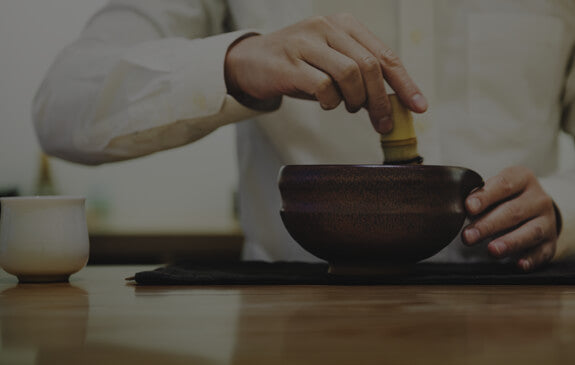
Organic Pu-Erh Tea
Looking for an organic pu-erh tea? Look no further! Arbor Teas is proud to offer a selection of loose leaf and pressed cake (tuo cha) organic pu-erh teas. Pu-erh tea is a dark tea (Heicha) that is produced in China, and its processing is a closely guarded secret. As the only organic loose tea that gains value with age, pu-erh is actually alive, as enzymes in the tea are allowed to ferment and age. Pu-erh teas have a distinct musty smell and sweet earthiness that mellow as the tea ages.
-
 View
View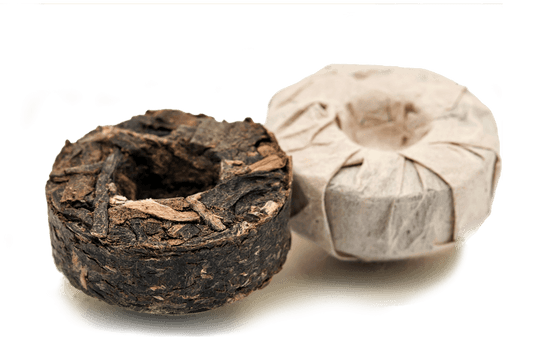 Organic Ancient Green Tuo Cha Pu Erh TeaSweet hints of smoke and ripe fruit pair with malted grains and slight earthiness
Organic Ancient Green Tuo Cha Pu Erh TeaSweet hints of smoke and ripe fruit pair with malted grains and slight earthiness -
 View
View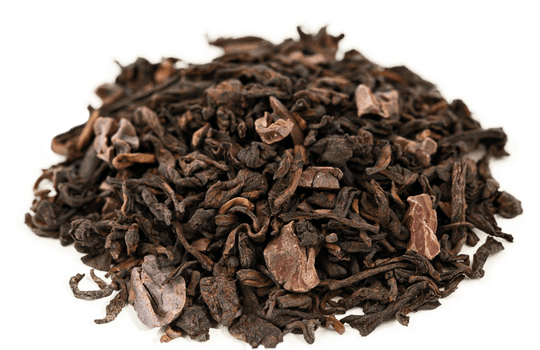 Organic Chocolate Pu Erh TeaRich notes of almond and chocolate, medium body without astringency or bitterness
Organic Chocolate Pu Erh TeaRich notes of almond and chocolate, medium body without astringency or bitterness -
 View
View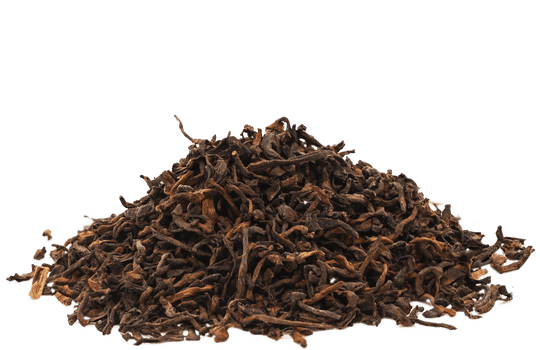 Organic Pu Erh Premium TeaRich and earthy, with notes of dark chocolate and brown bread
Organic Pu Erh Premium TeaRich and earthy, with notes of dark chocolate and brown bread -
 View
View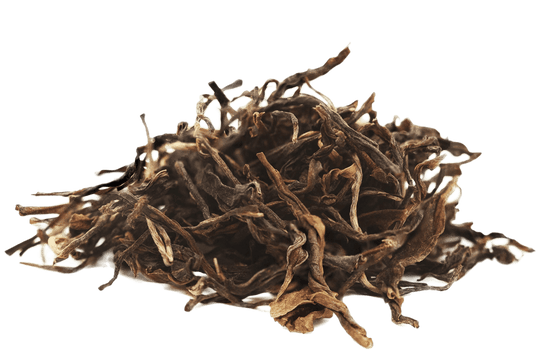 Organic Sheng Pu Erh TeaSweet notes of stone fruit and peony, layered with a smooth minerality and medium astringency
Organic Sheng Pu Erh TeaSweet notes of stone fruit and peony, layered with a smooth minerality and medium astringency -
 View
View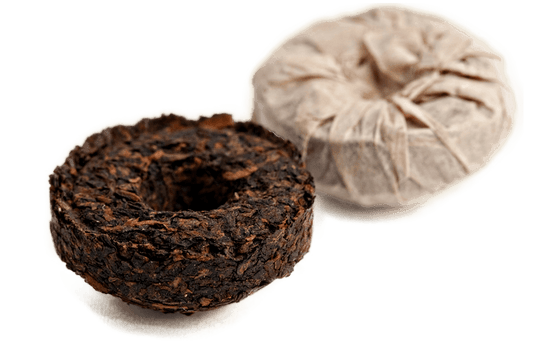 Organic Wild Tree Mini Tuo Cha Pu Erh TeaCharacteristic musty aroma and earthy mineral infusion with big body
Organic Wild Tree Mini Tuo Cha Pu Erh TeaCharacteristic musty aroma and earthy mineral infusion with big body
-
ORIGINS OF OUR ORGANIC PU-ERH TEA
As with all pu-erhs, our organic dark tea tea is produced in China. Each tea garden has a unique recipe and prides itself on its own distinctive creation. Several of our organic pu-erh teas are harvested in gardens that include 1,300-year-old tea trees from the Jing Mai Mangjing region of China's southwest Yunnan province.
-
ORGANIC PU-ERH TEA MANUFACTURE
As with all pu-erhs, our organic pu-erh teas retain a trace amount of moisture in the final tea leaf and, following manufacture, are allowed to age in a controlled environment. The older the pu-erh, the more valuable it becomes and the mellower its flavor. Pu-erhs that have been aged for 10, 15, or even 25 years and more are typically unavailable outside of China, and served only to high-ranking officials and dignitaries. We offer pu-erhs created using both the Shu Cha (or cooked) method of manufacture and the more traditional Sheng Cha method. Learn more about loose leaf tea manufacture.
-
PREPARATION TIPS FOR OUR PU-ERH TEAS
We recommend brewing our organic pu-erh teas in water from a full boil, or 212 degrees Fahrenheit, for 5-10 minutes. Shu Cha pu-erhs rarely turn astringent if brewed longer. If you are using a pressed cake (or "tuo cha") to brew a single cup or small pot, simply break the cake into smaller pieces. Of course, these are only our recommendations. Let your personal taste be the ultimate test! Get more tips on how to brew loose leaf tea.

